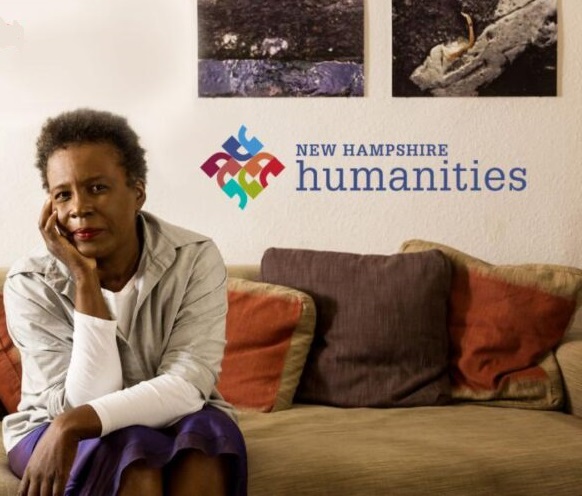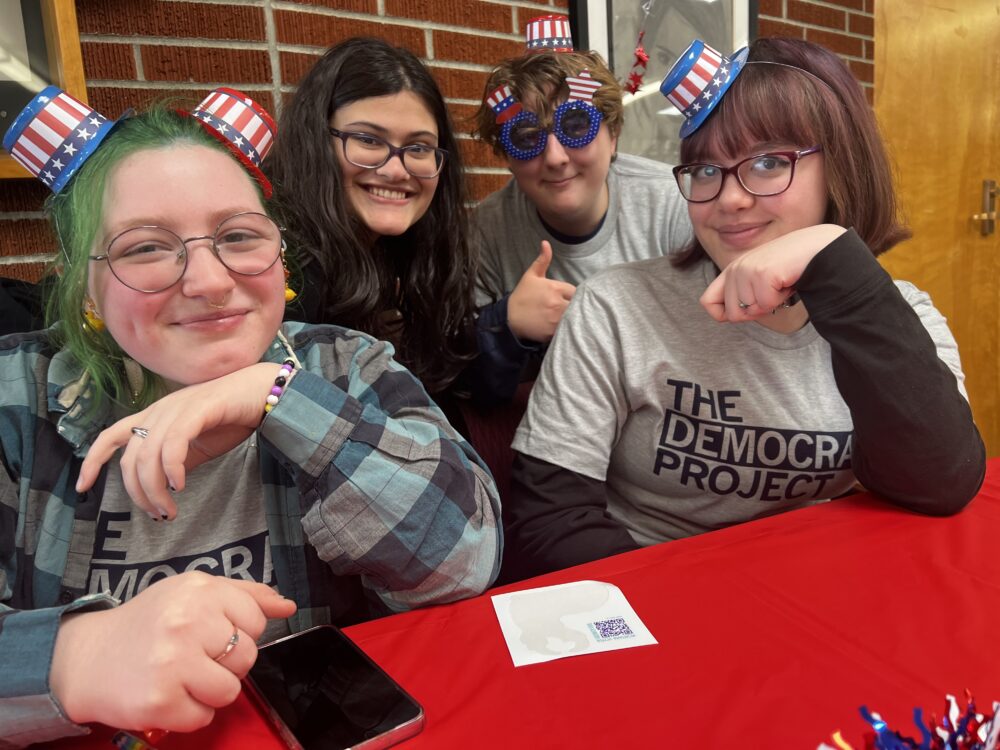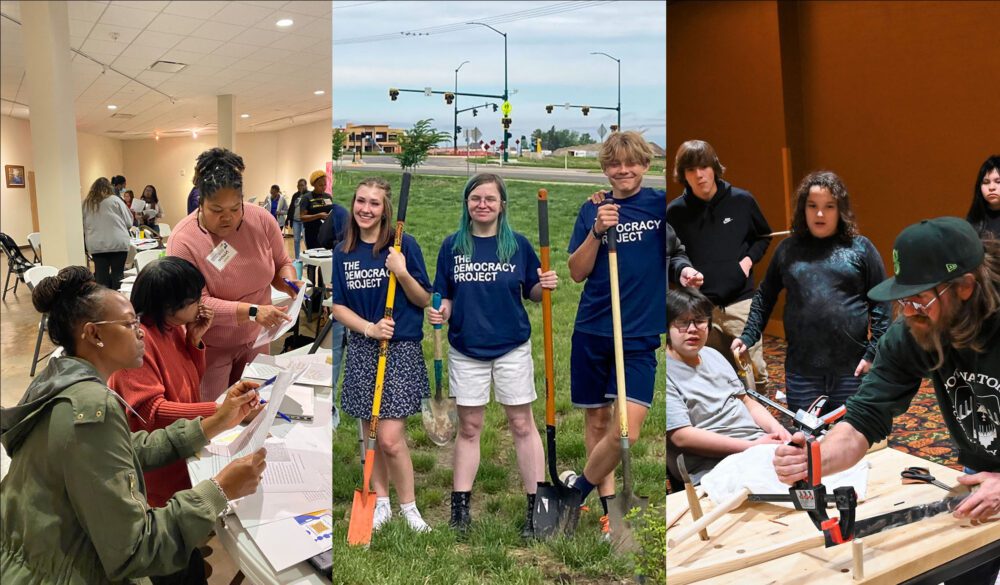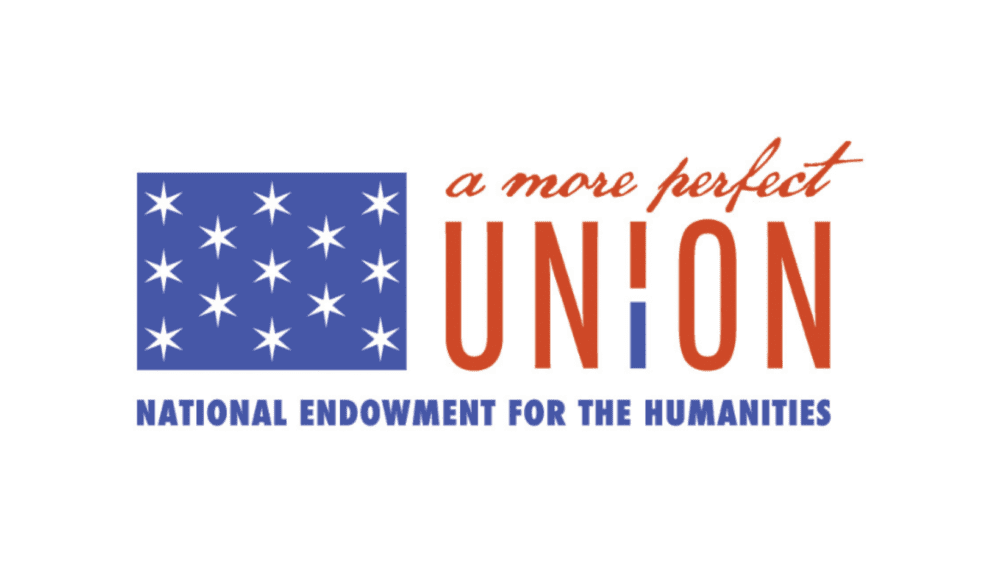Beginning in September 2021, the National Endowment for Humanities (NEH)’s “A More Perfect Union” (AMPU) Initiative has sparked conversation, education, and civic engagement opportunities across the states and territories. Awarding $2.8 million in funding to state and jurisdictional humanities councils, NEH’s initiative was launched to help Americans commemorate the 250th anniversary of the Declaration of Independence in 2026 while encouraging reflection on the meaning of citizenship and exploration of democracy throughout the history of the United States. Demonstrating the essential role the humanities play in democracy, AMPU humanities projects have promoted civic participation and deepened public understanding of the core principles of democracy nationwide.
With $50,000 in funding, each of the 56 state and jurisdictional humanities councils have designed special programs that support collective reflection, encourage civic engagement, and help participants in building skills to contribute to a just and meaningful civic life. In the second installation of a two-part blog series, we will continue to explore the curation, collaborations, and community outcomes of five different “A More Perfect Union” programs across the nation.
***

In anticipation of the 250th anniversary of the United States’ Declaration of Independence’s proclamation in 2026, New Hampshire Humanities (NHH) began exploring what it means to “build a more perfect union” through its AMPU initiative, which included a special AMPU Lecture Series, a Focus Grants program, an AMPU themed book list, and facilitated group book discussions. Launched in the fall of 2021, NHH’s “A More Perfect Union” programs considered how citizens’ rights and expectations about their civic responsibilities have changed since the Declaration of Independence’s proclamation in 1776. Asserting that “all men” are “created equal” and possess certain “inalienable rights” including the right to “life, liberty, and the pursuit of happiness,” the Preamble to the Declaration of Independence initially outlined the legal rights and responsibilities of property-owning white men. What has the extension of these rights and responsibilities to people who were left out of the Preamble’s text meant for American democracy as a whole?
Throughout 2022, NHH hosted a six-lecture series entitled “A ‘Good’ Citizen,” to explore how Americans answered this critical question — the responsibility of the citizen — and how it has changed throughout the nation’s history. A part of the council’s Humanities@Home monthly Zoom lectures, the series invited attendees to consider their own beliefs around what being a “good” citizen means today.
”Through the lecture series we aimed to have people explore a topic, in this case citizenship, from multiple perspectives and understandings as a way to grapple with the complex meanings applied to the concept,” said Agnes Burt, Program Director at NHH. “The series asked how the expansion of individual rights in U.S. history changed how people understood their corresponding responsibilities as citizens.” Exploring different historical events that prompted Americans to question the individual’s “proper social responsibilities,” the lecture-series considered moments in history where what it means to be a “good” citizen was reshaped and redefined.
“Lecture topics included competing visions of citizenship in the newly created United States; Abenaki/Wabanaki understandings of citizenship; 19th century expectations regarding the rights of naturalized citizens in an international context; the history of public education as a place for creating good citizens; and how Black Americans’ understanding of citizenship inflected their participation the armed forces during the Second World War, said Burt. “Finally, scholar and poet Claudia Rankine gave the keynote lecture, reflecting on what it means to be a ‘good citizen’ today.”
NEH’s AMPU funding also supported Connections, NHH’s adult literacy program in 2022. The Connections program promotes English language skills, cultivates conversations, reinforces family literacy, and supports a culture of reading to more than 400 learners across the state each year.
“The Connections Program Manager developed an “A More Perfect Union” reading list with books that explored African Americans’ enslavement, Japanese Americans’ internment during World War II, as well as the women’s suffrage, civil rights, and LGBTQIA+ movements,” said Burt. “Through discussion of these books, program participants learned about topics that are not often taught in New Hampshire schools and helped new Americans prepare for their upcoming citizenship tests.”
New Hampshire Humanities’ AMPU initiative had meaningful and measurable impacts in the state, which will continue to inform NHH’s work. “Our ‘A ‘Good’ Citizen’ series aimed to increase participants’ historical knowledge about citizens’ responsibilities and obligations in US history and encourage them to think about citizenship as a duty rather than just a set of received rights,” said Burt. To evaluate whether the program goals were achieved, all registered attendees were invited to complete an online survey following each event. Some of the survey questions included a self-assessment rating to measure knowledge-gain as well as changes in belief around citizenship. Out of the 727 total attendees, 39% responded. “Across the programs that used the same questions, 88% of respondents had an increase in knowledge about the historical and/or cultural context featured in the presentation, 62% reported a change in their understanding of citizenship, and 71% reported a change in their understanding of “good” citizenship,” said Burt.
With support from the “A More Perfect Union” initiative, Americans across the states and territories are engaging with critical concepts of citizenship, civic life, and constitutional democracy. In collaboration with NEH, councils will continue to explore the nation’s past, foster meaningful dialogue, and highlight the value of community engagement to create a more perfect union for generations to come.
What projects will our member councils come up with next to bring organizations, institutions, and individuals together? Stay tuned for other civic engagement Council projects on our blog.
This is the third of three stories that highlight the histories, processes, and community impacts of five different “A More Perfect Union” projects across the United States and Territories.
Written by Jazzy DiMeglio




